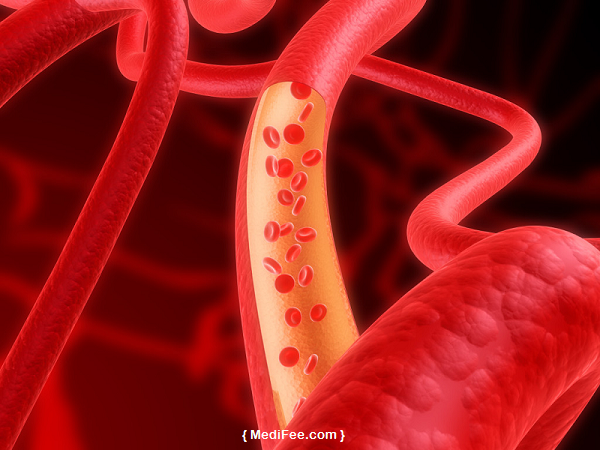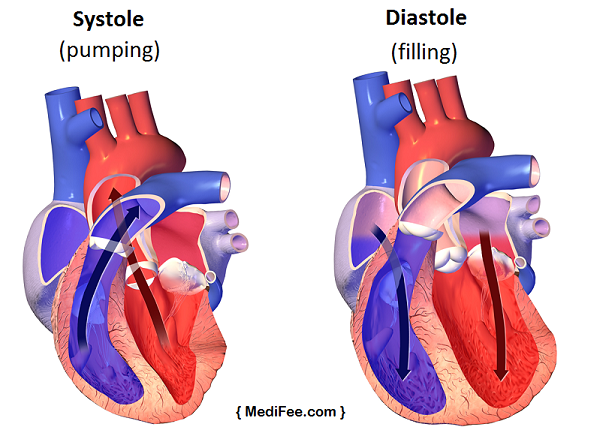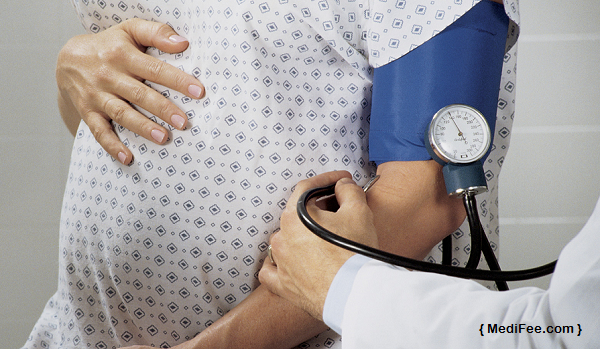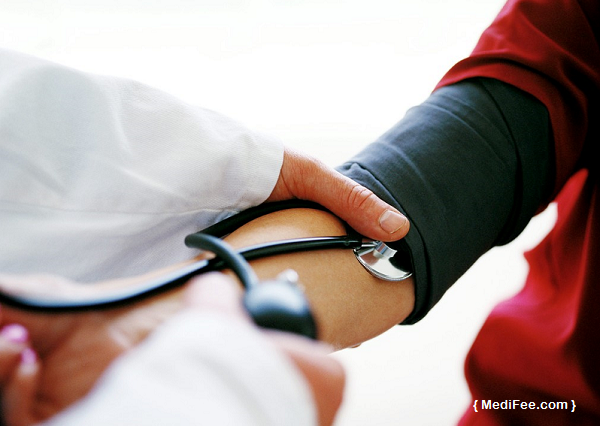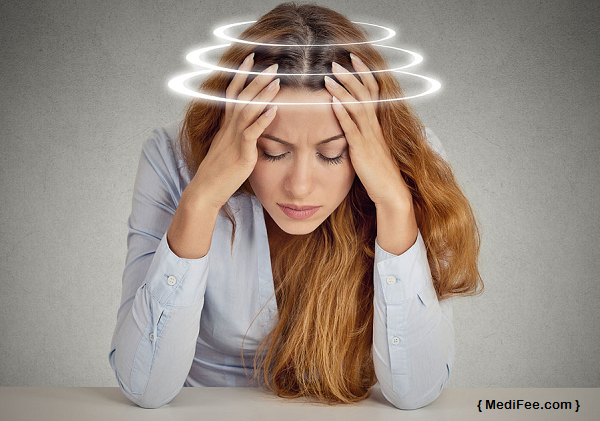Your heart is beating. Keeps on repeating. And that keeps you going. A slight variation from the old melody is something that conveys the greatest truth about life and death.
A beating heart suggests life and existence. On the other hand, an abnormal heart beat can mean anything; from a malfunctioning heart, to a diseased condition and even death. Cardiac or heart related disorders are seeing an exponential rise with every passing year. And perhaps in no time, India shall become the global capital of cardiac disorders. That’s pretty tragic and terrifying!
High blood pressure is one of the most common health conditions in India. Young adults, middle aged and elderly citizens, equally contribute to this growing population suffering from abnormal blood pressure levels. Despite this, people are not doing much to control such menacing escalation.
Unfortunately, cardiac awareness needed to bring down such burdened heart conditions in India, is very limited. No, it is not because nothing much is available for this purpose. It is because people do not understand how important it is to have a disease free heart; even when heart ailments are striking most families in India. Now, just because there’s a huge crowd living with abnormal blood pressure levels, it does not make the condition trivial, less severe, and something that can be ignored.
Hence, take steps to know about your cardiac health today. Leaning about average blood pressure levels you need to have, steps that can guarantee healthy heart conditions or those that can prevent situations from worsening, are few elementary steps every individual is ought to take.
This post aims at providing a comprehensive knowledge about blood pressure levels and related heart conditions. At the end of this post, readers can expect to know everything about the causatives behind abnormal blood pressure ranges.
Sometimes, an elevated blood pressure may be a temporary condition as in pregnancy. And sometimes it can have a deep underlying reason. Understanding the reason is vital to take up remedial measures. Therefore, continue reading to have an abreast knowledge about causes, early signs, how you can treat and prevent alarming heart conditions. You will also land some important tips to take care of your diseased heart and ultimately how you can continue with a normal life despite cardiac conditions.
What is blood pressure and when does it become abnormal?
Human heart transports oxygen rich blood to all parts of body, and thus provides necessary energy required for all metabolic functions, nutrients, immunity antibodies etc. As the blood flows through blood vessels, it exerts a pressure around the walls of arteries. This pressure is essential, as only optimum levels suggest sufficient delivery of oxygen rich blood to all parts, along with nutrients and antibodies.
When this pressure over the arteries or the entire circulatory system is different from the normal ranges, a person is said to suffer from abnormal blood pressure levels. Both low and high blood pressure levels, can lead to multitude of health conditions, strokes and may even prove fatal if not taken care of.
It needs to be noted that, for any flow, a difference in the pressure between the start and end points is needed. Therefore, when it comes at blood flow, only a healthy heart is not sufficient. Normal conditions of arteries and elasticity are also needed to guarantee a normal blood pressure and thus a healthy heart condition.
Blood Pressure Measurement – Systolic and Diastolic:
When you visit a clinic or diagnostic center to measure your blood pressure, you receive two readings. Both of these readings denote systolic and diastolic values, and are important to determine how healthy are your cardiac functions.
Heart beats arise due to periodic motion of contraction and relaxation. With every contraction, the organ pumps out sufficient amount of blood within arteries that reach different parts of body. This function is known as systole and the pressure exerted within arteries is known as systolic pressure.
Conversely, just in the next moment post contraction, the heart relaxes to fill in blood within heart ventricles. This blood is then pumped out in the following contraction. This period between two successful contractions, when the heart relaxes, is termed as diastole and the pressure exerted by blood within blood vessels now, is known as diastolic pressure.
Blood pressure measurements are recorded in millimeters of mercury (mm Hg, where Hg is the chemical symbol of mercury). A level less than 120 mm Hg for systolic pressure is considered normal and that less than 80 mm Hg for diastolic pressure is taken to be healthy.
Different levels of systolic and diastolic blood pressure signifies varied cardiac risks and disorders. The following section entails the same.
Blood pressure ranges – Normal, Abnormal and Life Threatening:
The following table will help you learn about average blood pressure levels you need to have. Levels beyond the recommended range can prove that you are either at highest risk of cardiac disorder or already suffering from high blood pressure/hypertension.
It needs to be noted that both hypertension and hypotension are equally life threatening. A sudden drop in BP levels can be devastating. And this includes a drop from an abnormal elevated level to a close to normal value.
What are the causes of high blood pressure or hypertension?
There are multitude of factors that ultimately result in high blood pressure. A few of the most common ones have been mentioned below:
- Individuals who are into vigorous smoking, mostly end up with elevated blood pressure levels
- Absence of physical exercises makes people overweight and thus leads to high blood pressure
- Similar to smoking, alcohol can also have a detrimental effect on your heart; starting with high blood pressure
- Excessive consumption of salt
- Stress is the greatest causative of abnormal blood pressure. Therefore, finding ways of stress management at a personal level becomes essential.
- Aging and family history make people very susceptible to have high blood pressure levels. Most often it is seen that people who have had one or both of their parents suffering from HBP, they are very likely to suffer from the same. Therefore, doctors always advocate on opting for regular cardiac screening examinations.
- Other health disorders related to kidney, adrenal glands or thyroid can also result in high blood pressure level
What can cause low blood pressure or hypotension?
Below mentioned are few of the common reasons behind low blood pressure:
- Low blood pressure is also related to genes and family history. And individuals born to parents suffering from low BP are very likely to inherit the same condition.
- Conditions that are causing the body to dehydrate drastically may lead to low blood pressure
- Sometimes prescribed medications may also cause your blood pressure levels to fall below normal. Beta blockers, antidepressants and alpha blockers are some of the common drugs causing reduced blood pressure levels.
- Heart Arrhythmias
- Liver or thyroid gland disorder
- Abnormal blood vessels
What are the blood pressure levels during pregnancy?
Blood pressure levels usually fall in the first and second trimesters of pregnancy. Throughout your prenatal testing, taking blood pressure reading is the common examination you undergo in every visit you make. With the start of your third trimester, your blood pressure levels need to increase. However, elevated blood pressure on or before 20th week is a cause of concern.
The mother as well as the baby may suffer adverse effects with respect to organ malfunction and retarded growth respectively. If you were already suffering from high BP that was not diagnosed until now, abnormal blood pressure levels persist even after delivery. On the other hand, if elevated levels are only due to pregnancy, known as gestational hypertension, you are most likely to come back to normal levels post child birth. Gestational hypertension is not a very serious health condition.
How do you identify abnormal blood pressure level?
Abnormal blood pressure levels bring about some subtle to prominent changes in our body. These symptoms if detected at an early stage can facilitate early diagnosis and thus treatment. Many a times, patients who report early signs are diagnosed at prehypertension stages, allowing the doctor to take necessary steps to prevent hypertension at all costs. Therefore learning about symptoms of high and low blood pressure is crucial.
Below mentioned are few of the common symptoms of low blood pressure:
- Dizziness
- Hindered vision
- Nausea and fatigue
- General weakness
- Difficulty in concentrating
- Palpitation
- Frequent thirst
- Breathing troubles
- Constant feeling of cold
- Pale skin
- Frequent episodes of fainting
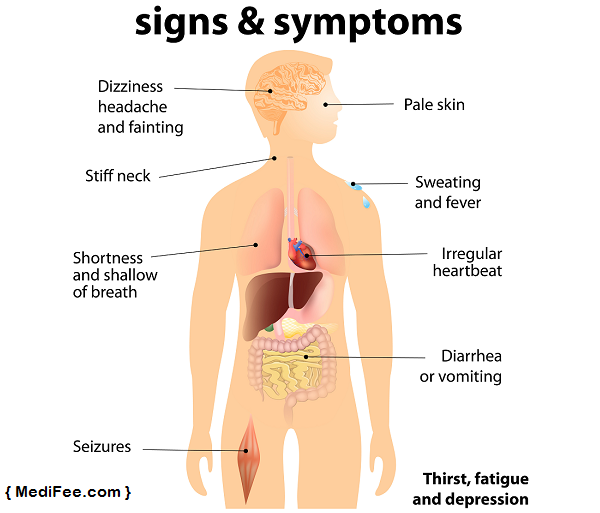
Below mentioned are common symptoms of high blood pressure:
Ironically, high blood pressure levels do not bring about vivid symptoms, and most of them are similar to low blood pressure or any other disease or health condition. However, the symptoms listed as follows need to be sufficient reasons to opt for a clinical diagnosis.
- Severe headache
- Shortness of breadth
- Nose bleeding
- A constant feeling of tiredness
- Nausea and vomiting
- Hot flashes
- Vision troubles
- Confusion
- Chest pain
What tests does the doctor order to detect abnormal blood pressure?
Diagnosing of high/low blood pressure is simply done with a stethoscope that helps the doctor to listen to abnormal cardiac sounds. If the doctor now suspects a high or low blood pressure, you will be needed to undergo an ECG or an echo. A doppler ultrasound may also be ordered if the doctor feels the need.
Doctors may even order some cholesterol tests and other blood tests to find out if blood pressure abnormalities route down to other health conditions.
Sometimes people experience sudden drop in blood pressure. Is this condition fatal?
Many a times individuals experience dizziness as soon as they stand up from a seated position or were lying down. This is due to a sudden drop in their blood pressure levels, known as postural or orthostatic hypotension. If this condition is left unattended for long, it may turn out fatal.
Under normal conditions, the body has its own mechanism of responding to gravity that pulls down blood as soon as we stand up. However, in people suffering from postural hypotension, this mechanism is hindered resulting in dizziness and related abnormalities. Discussing this situation with your doctor is advised to avoid complications.
What can you do to treat abnormal blood pressure levels?
Having blood pressure levels under control is vital to continue with normal living for longer duration. If diagnosed at a prehypertension stage, bringing about sufficient life style changes, that include diet, exercises, rest and sleep may help in preventing blood pressure related disorders. However, if early diagnosis was not possible, medications become the only resolve.
Blood pressure medications need to be administered religiously without fail. Repeated checkups are very vital to know if the body is responding to the prescribed medicines. These examinations help doctor to monitor your cardiac condition and also the dosage of medicines.
Lowering salt and sodium intake is also suggested to control high BP. Again,very less sodium may again lead to hypotension. Therefore, achieving a balance is crucial.You may learn more about recommended sodium intake here. Keeping your body hydrated is essential. Taking in sufficient amount of water and other forms of healthy fluid can help in treating low blood pressure levels.
Finally, lead a stress free life, and that perhaps is the most difficult of all. Mental anxiety greatly impacts your blood pressure levels. Therefore, take measures to add equal happy hours to compensate for those spent in stress and tension.

